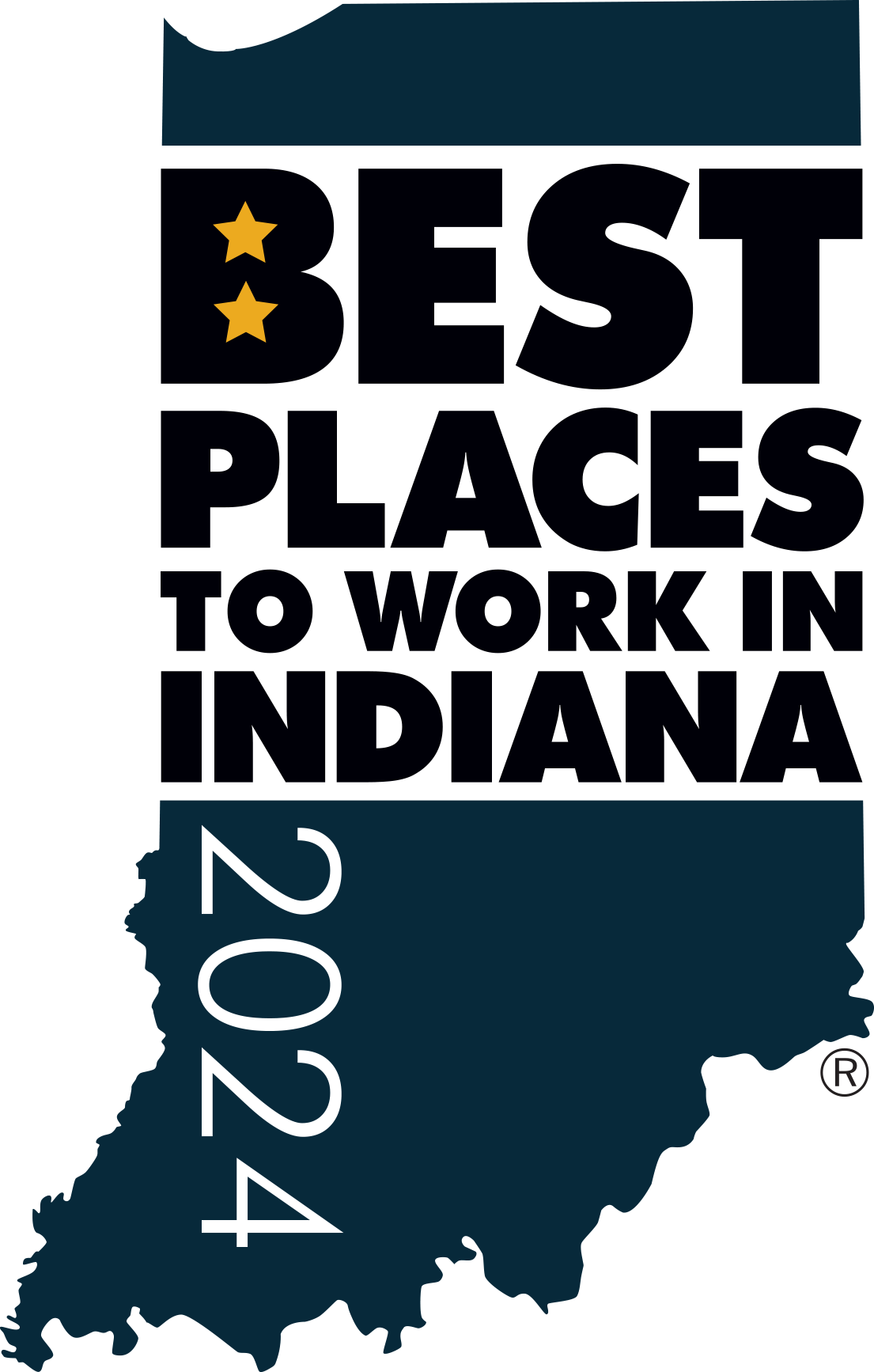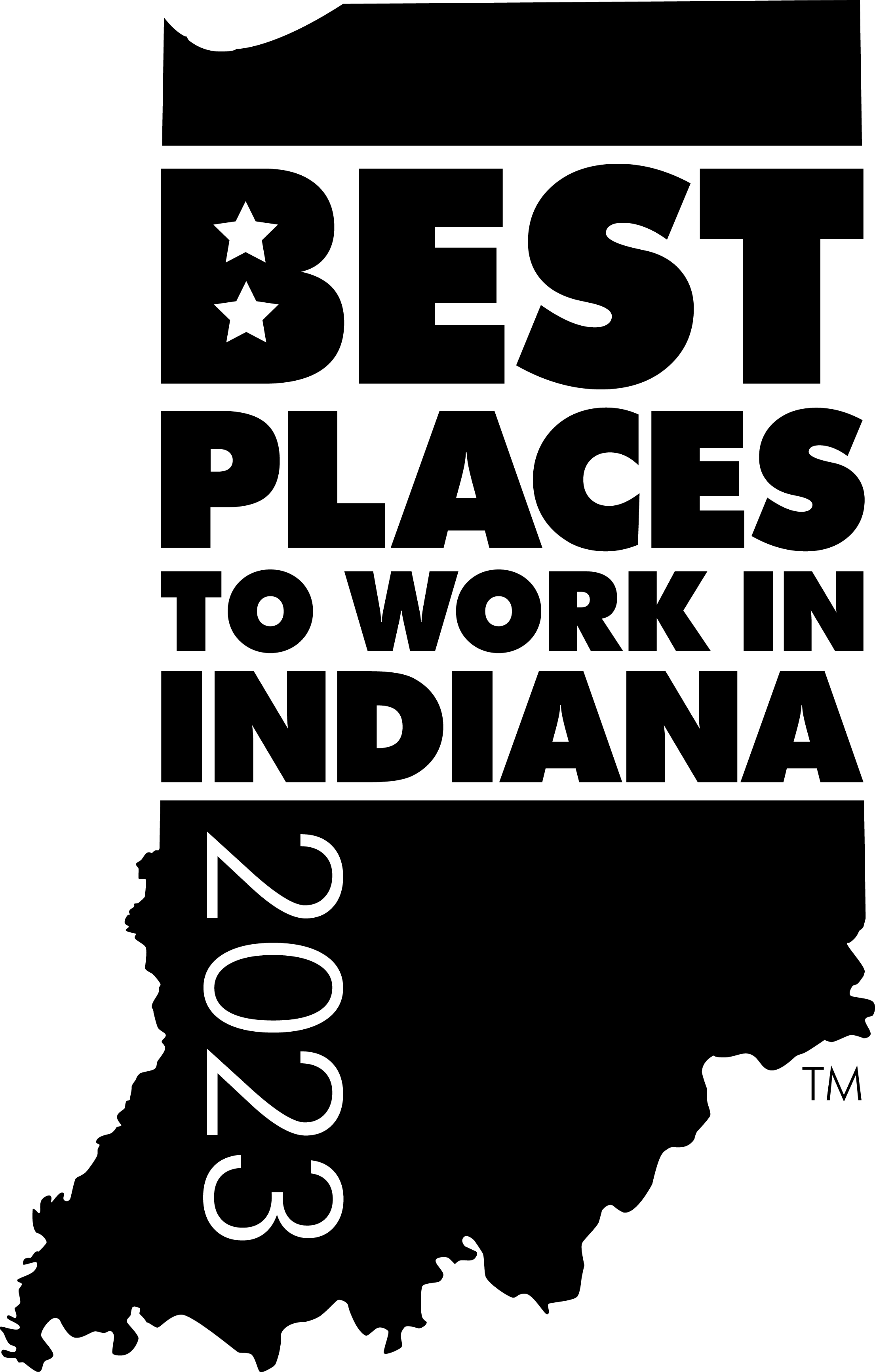Indy CFO Spotlight – Matt Tyner

SmarterHQ Vice President of Finance and Operations Matt Tyner is a force of nature.
Although only 30, the countless hours he’s logged over the past six years at
SmarterHQ have made him wise beyond his years. It’s a Friday afternoon at Daddy Jacks, which is just a stone’s
throw from Smarter HQ’s offices at 91st and Meridian. The Happy Hour crowd is filing in, and I’ve just popped
open my laptop and taken my first sip of a Vodka Tonic…
KB: Matt, thanks for meeting me
MT: Absolutely
KB: Let’s talk about your path. Paint me a picture of your life up to now.
MT: Both of my parents are from Decatur, Illinois. The first eight years of my life were in Charlotte – my Dad was
an outfielder in the Baltimore Orioles organization. An elbow injury ended his playing days, and he eventually
became the Assistant Baseball Coach for Butler University, which brought us to Indianapolis. I did the 3/2 MBAa
program at Indiana University.
KB: So you were no doubt a baseball player?
MT: Yep; Indiana Bulls, Indiana Mustangs, Chatard High School.
KB: What’s something big you learned from your parents?
MT: My parents are really different from each other. They are both givers but she approaches everything with
love and understanding. Dad was strict; he expected common sense – always. He used to tell me: “If you don’t
learn anything else from me, you’re going to learn to think before you act.”
KB: What about your college days?
MT: I did the 3/2 MBAa program at Indiana University. I was really interested in derivatives and other creative
financial instruments. How do you create money out of nothing? I had a 2009 internship lined up at Bear Stearns
and then…Bear Stearns collapsed. I had another financial consulting opportunity in Chicago, but elected to
accept an internship at Dauby, O’Connor and Zaleski.
KB: That was a different twist.
MT: We have a family connection to Sean O’Connor at DOZ. I like the way he thinks about his business and the
way they run their firm. Accounting is a lot of black and white; there were accountants there that were
comfortable playing in the gray and they were who I tried to emulate. School teaches you critical learning and
the mechanics of accounting. It takes experience with real world problems to understand interconnectedness.
Without that accounting foundation, your analysis can fall short of the right conclusion.
KB: In January 2012 you join SmarterHQ.
MT: The company was called SmarterRemarketer at that time; we re-branded to SmarterHQ in early 2015. They
had very little accounting and reporting; the Founder’s wife was using Quickbooks online. An early investor was
paying her personal accountant to help out as well.
KB: You joined SmarterHQ as the Finance Manager. Six years later, you’re the acting CFO and COO. Was your
master plan to be a CFO and COO at 30 years old?
MT: You don’t learn in school all the various paths you can take; I think the first 10-15 years of your career, you’re
still figuring out what is possible. Those possibilities determine where you make the slight left or right
adjustments that put you where you are.
KB: Share with me some of the highlights of the roller coaster ride you’ve been on.
MT: Our Series A was the first time I’d seen an 18-page diligence request. It was my first exposure to institutional
investors. Numerous small rounds had raised us $3.3 million; this gave us $7 million overnight.
KB: How was that experience?
MT: It was February 2014. I was 27 years old. I was in between mentors, and I had $7 million. I had to build out
a team and support other functions in their attempt to rapidly scale. How do you manage an engineering budget
when you’ve never built software… a services budget when you’ve never scaled a customer support
organization? You have to learn quick from others who have.
KB: What’s the hardest thing you’ve faced thus far?
MT: In early 2016, we had to make some tough decisions to right-size the cost structure of the business and get
burn to more palpable place.
KB: What are some of the biggest learnings you’ve had on your journey?
MT: An influx of cash doesn’t mean scale at all cost. If you lose sight of what it takes to be profitable, you’re
probably headed down the wrong path. The only way you can control your own destiny as a cash burning,
scaling startup is profitability.
KB: What else?
MT: Numbers are often lagging indicators of the truth . In many cases, models are a collection of assumptions
that build off of those lagging indicators. Sometimes, they can lead you away from your most important tool:
your gut.
I’ve concluded that you should outsource or delegate technical things you’re good at and spend your time in all
the other functional areas of the business. There are many who can close the books; there aren’t so many that
can say “no” to the CEO. Go sit with the engineers…go figure out what customers want. Then when the CTO or
the CMO asks you for money, you have a sense of what is right. You gotta have support for your gut. Dive into
all those areas and learn as fast as you can. The CFO is a partner with every executive at the
company…especially at a startup. In a startup, functional leaders often aren’t experienced in the quantitative
understanding of what is happening. Often times, they’ve never managed a P&L.
KB: Let’s talk about recruiting people.
MT: Hiring people is the hardest thing in business. My track record is spotty like everyone else.
However, when people learn how transparent I’m willing to be, they become confident that I have their best
interest at heart. There used to be information asymmetry in business…information was power. People feared
losing power, so they withheld information. I believe transparency is required to have a greater impact on
people…and a greater impact equals more power.
KB: What about leading people?
MT: I grew up in the dugout. I was a bat boy. From a young age, I watched coaches lead players to do things
they didn’t think they could do. At Butler, I went to every game, every road trip, every camp…. I got to be around
some of the finest coaches in the country. I learned that coaching is a transformational opportunity to impact
people. I love impacting people more than I love impacting the bottom line. Not that I don’t care about the
bottom line.
Also, everyone loves talking about the importance of integrity…”not lying”… “not fudging”… “not hiding”. That’s 20%
of it. To me, that’s just how business should be done. The other 80% is in relationships and loyalty. It’s doing what
you say you’re going to do.
KB: What do you like to read:
MT: Ben Horowitz wrote a great book called “The Hard Thing About Hard Things” that really spoke to me during
a very challenging time…it reassured me that someone else was in the trenches too.
Magazines are the Spark notes version of what’s hot. If you went into my office you would see subscriptions to
Harvard Business Review, Inc. Magazine, Forbes… Recently I’m getting into podcasts.
KB: Me too. What podcast do you like?
MT: I love the Masters of Scale Podcast. That’s Reid Hoffman, who co-founded PayPal and LinkedIN.
KB: What’s your favorite movie?
MT: Free Willy.
KB: OK, you gotta explain that one.
MT: Growing up, I wanted to be a dolphin trainer. I was drawn to the trainer’s ability to get the dolphin to do tricks.
KB: What’s your favorite quote?
MT: My favorite quote is by Mother Theresa: If you want to change the world, go home and love your family.
KB: Matt, you’re one of the best-kept secrets in Indianapolis.
MT: Thank you.

